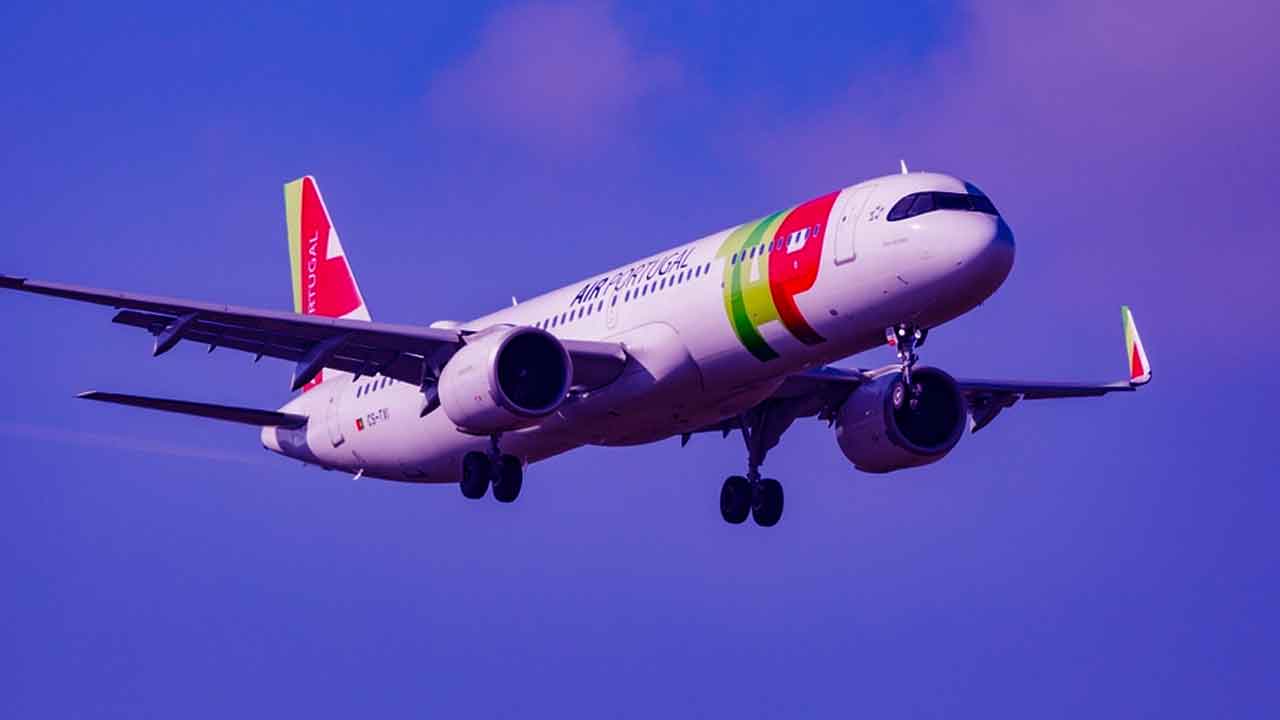LISBON, July 10 — Portugal has restarted the long-delayed TAP Airline privatisation. The government plans to sell 49.9% of TAP within a year. Officials say more of the airline might be sold later.
Prime Minister Luis Montenegro stated that a substantial number of prospective buyers are expected to express interest. The plan includes offering 5% of TAP’s shares to employees.
Big European airlines are already watching. Lufthansa, Air France-KLM, and IAG (British Airways’ parent) discussed with Portugal’s government this past year.
Air France, KLM confirmed it still wants to take part. The airline said it will join when all details are made public.
IAG gave a careful response. It said it would look at the terms once the government shares them. Lufthansa chose not to comment.
Montenegro explained why the state wants to sell. “We’ve invested significantly already, and we’re not willing to continue incurring losses.”
Back in 2021, TAP lost 1.6 billion euros. The pandemic hit it hard. The government stepped in with a 3.2-billion-euro bailout. Since then, TAP has made profits for three straight years.
According to Infrastructure Minister Miguel Pinto Luz, the new owner isn’t just buying in—they’re stepping in as a key player. They will help run the airline. He said, “We believe we can complete the TAP Airline privatisation within a year.” He added that airlines outside the EU can also make offers.
The next move is for companies to prequalify. They’ll have 60 days once the president confirms the government’s order.
TAP’s strong points include routes to Brazil, Africa, and the U.S. These fly out of Lisbon. Portugal wants to protect and grow these routes.
Last year, TAP carried over 16 million passengers. The company has around 8,000 workers. Its main fleet has 99 planes. TAP Express, which handles shorter flights, has 19 more aircraft.
TAP’s sale has been planned for years. But it hit a pause in March when the centre-right government fell. After May’s election, the same coalition returned. However, it still lacks a majority in parliament. That could delay or stop the sale.

